Professor Mark Lythgoe is the Founder and Director of the UCL Centre for Advanced Biomedical Imaging (CABI), which develops the next generation of imaging technologies. The Centre now hosts 12 state-of-the-art imaging modalities and 50 researchers. Prof Lythgoe is also Director of Biomedical Imaging Research at the Francis Crick Institute and is he Chair of the Cheltenham Science Festival.
Mark has a long-standing track record in the development of imaging techniques and has been awarded £43 million for his collaborative programme of research. He has published over 200 papers including articles in Nature, Nature Photonics, Nature Medicine and The Lancet. Mark has translated his research findings into clinical radiological practice and established a training programme with University College Hospital in biomedical imaging. He founded the UCL Centre for Doctoral Training in Medical Imaging, which graduates around 15 PhD students each year, and is co-Director of the programme.
Mark contributes extensively to the integration of imaging across UCL including the new Centre for Image-Guided Therapy (£6M, MRC), as well as leading the preclinical imaging theme of the UCL Cancer Imaging Centre (£7M, CRUK). Mark also leads the UCL MRC UK Regenerative Medicine Platform: Safety Hub (£3.8M, MRC), which aims to develop safe cell imaging technologies for the clinic.
During his tenure as Director of the Cheltenham Science Festival, it has become one of the largest science festivals in the world. In 2015 he was awarded the Neuroscience Prize for Public Understanding from the British Neuroscience Association, ‘as someone epitomising the best of public engagement. Through a multitude of TV and radio programmes, directing the Cheltenham Science Festival – alongside an active and highly successful research career – Mark has well and truly taken neuroscience beyond the lab and into wider society'. Previous winners included Oliver Sacks and Sir Terry Pratchett. In 2013 Mark received the Davies Medal from the Royal Photographic Society for a significant contribution to the field of imaging science. Mark has also received the Alumni Achievement Award, which is given to the University of Salford’s most notable and successful graduates. For his contributions to communicating science, Mark has received the Biosciences Federation Science Communication Award and was made a Fellow of the British Science Association.
Image: Blood vessels brain, Angela D'Esposito


